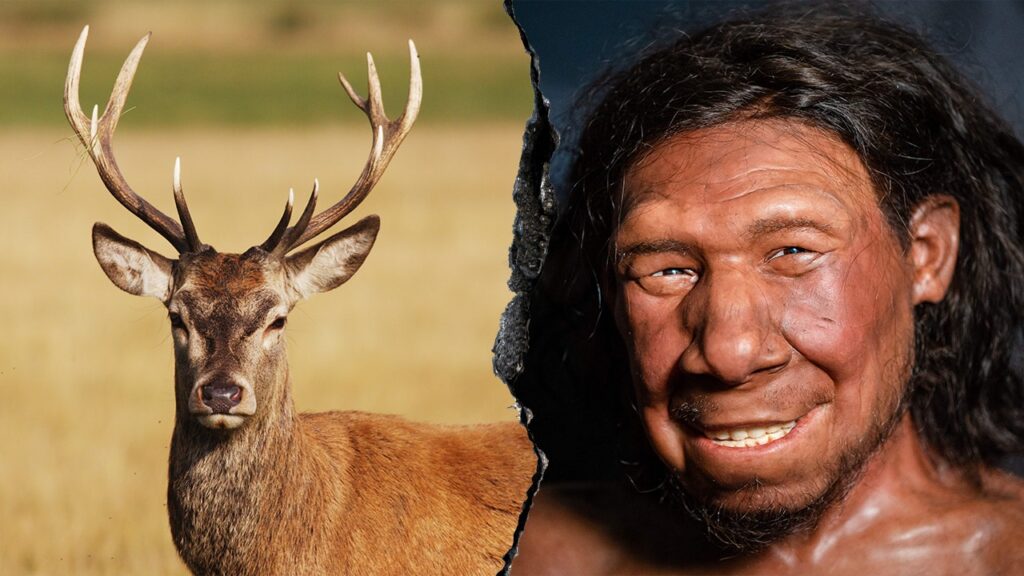Around 125,000 years ago, Neanderthals in what is now Germany may have operated "fat factories" to extract and consume fat from animal bones, according to a study published in Science Advances. Archaeologists excavating the Neumark-Nord site discovered thousands of bones from at least 172 large mammals, dating back to the interglacial period, including red deer and horses.
The researchers noted clusters of marrow-rich bones, suggesting that Neanderthals utilized tools to crush and boil the bones to access the fat. Dr. Lutz Kindler, the study’s lead author, emphasized that Neanderthals demonstrated a sophisticated understanding of resource management, including hunting strategies and carcass transport.
Fat was a vital resource, especially during lean winter and spring months, as it compensated for proteins that could lead to health issues if consumed in excess. The Neumark-Nord site’s well-preserved state offers a unique opportunity for a deeper understanding of Neanderthal interactions with their environment. The research underscores the evolving knowledge of Neanderthal behavior, including their use of stone tools and burial practices.


